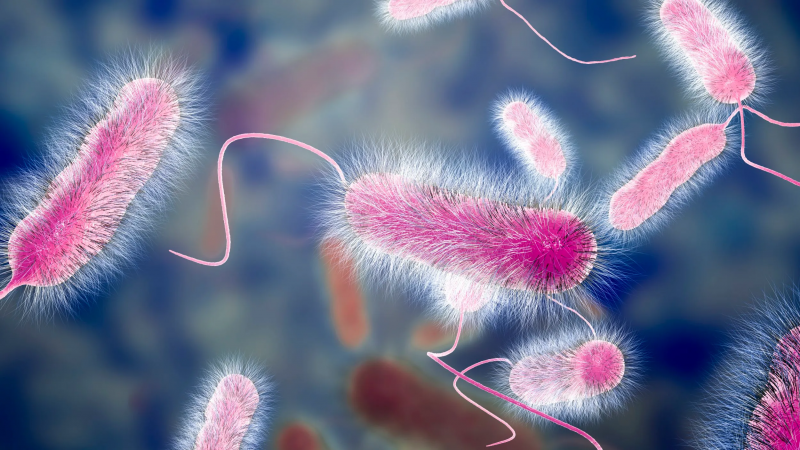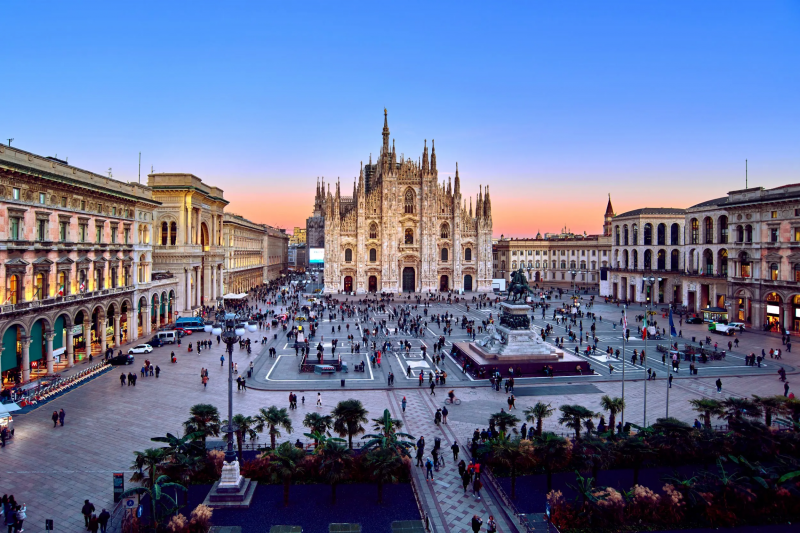
The hunt is on for the source of a Legionnaires’ disease outbreak that’s killed four and hospitalised dozens in Milan, Italy.
At least 53 cases of the lung infection have been confirmed in two regions of northern Italy, both within the metropolitan area of Milan.
Local authorities are deploying chemicals to disinfect the city’s water supply in a bid to reduce transmission.
But despite extensive testing of the supply systems of both private residences and cooling towers, a source for the outbreak has not yet been determined.
The outbreak since April 11 appears to be limited to two areas of Milan, according to the European Centre for Disease Prevention and Control (ECDC).
It said: ‘Infection risk is limited to people residing in or visiting the localised geographical area of the outbreak source.’

Legionnaires’ disease is spread by bacteria carried in tiny water droplets, found in air conditioning systems, hot tubs, humidifiers, and even taps and showers that aren’t often used.
This usually occurs in offices, hotels or hospitals rather than your own home, and you can’t catch it from drinking water, other people with the infection, or from ponds, lakes or rivers.
If you do catch it, the first signs are ‘flu-like symptoms’ such as a dry cough and fever, which can develop into pneumonia.
Around 90% of people exposed to legionella bacteria do not experience symptoms.
But up to 15% of those who do become ill can suffer from severe disease that usually clears in a few weeks.
People aged over 50, smokers and those with chronic lung conditions or who are immuno-compromised are at higher risk of developing the disease.
Of the 53 cases confirmed in Milan, 91% had existing risk factors. This includes the four who died, who were all aged over 70 years and had comorbidities.
It can be treated with antibiotics, oxygen and a machine to help you breathe, if you need to be hospitalised.
Get in touch with our news team by emailing us at webnews@metro.co.uk.
For more stories like this, check our news page.
Sign Up for News Updates
Get your need-to-know latest news, feel-good stories, analysis and more
Privacy Policy
Disclaimer: The copyright of this article belongs to the original author. Reposting this article is solely for the purpose of information dissemination and does not constitute any investment advice. If there is any infringement, please contact us immediately. We will make corrections or deletions as necessary. Thank you.



